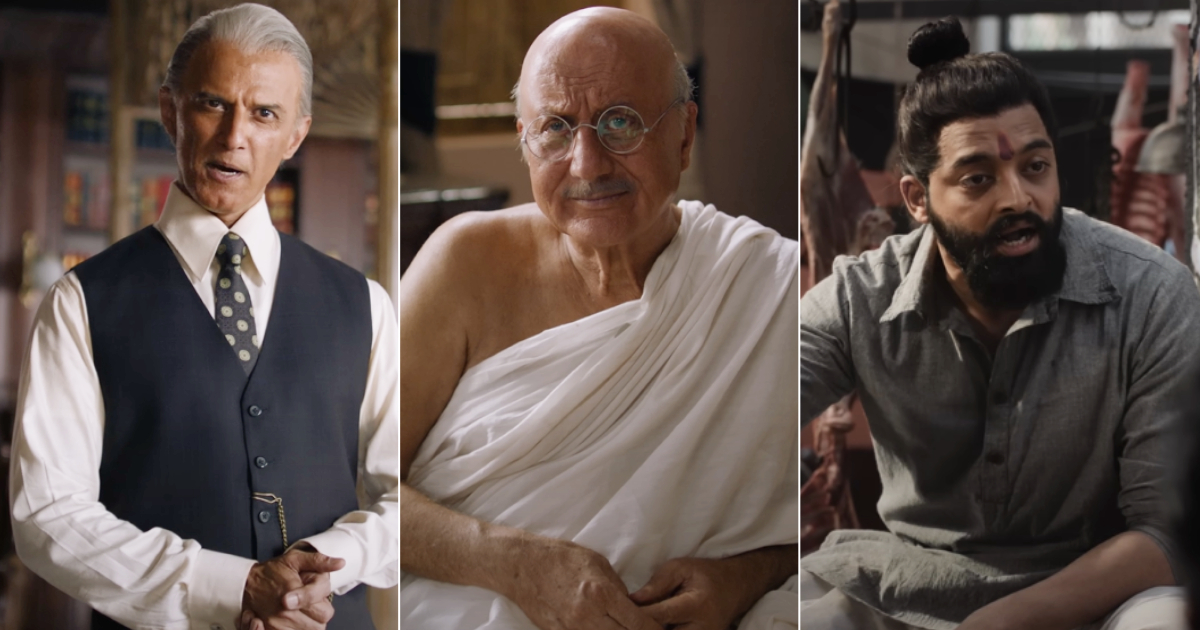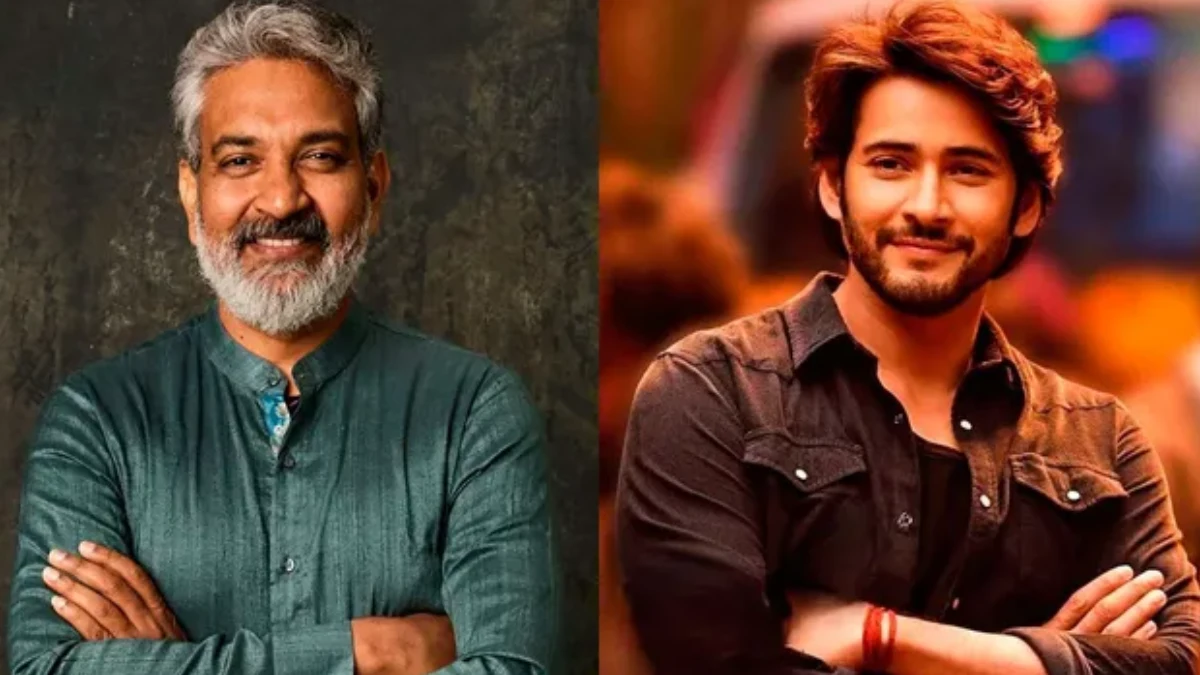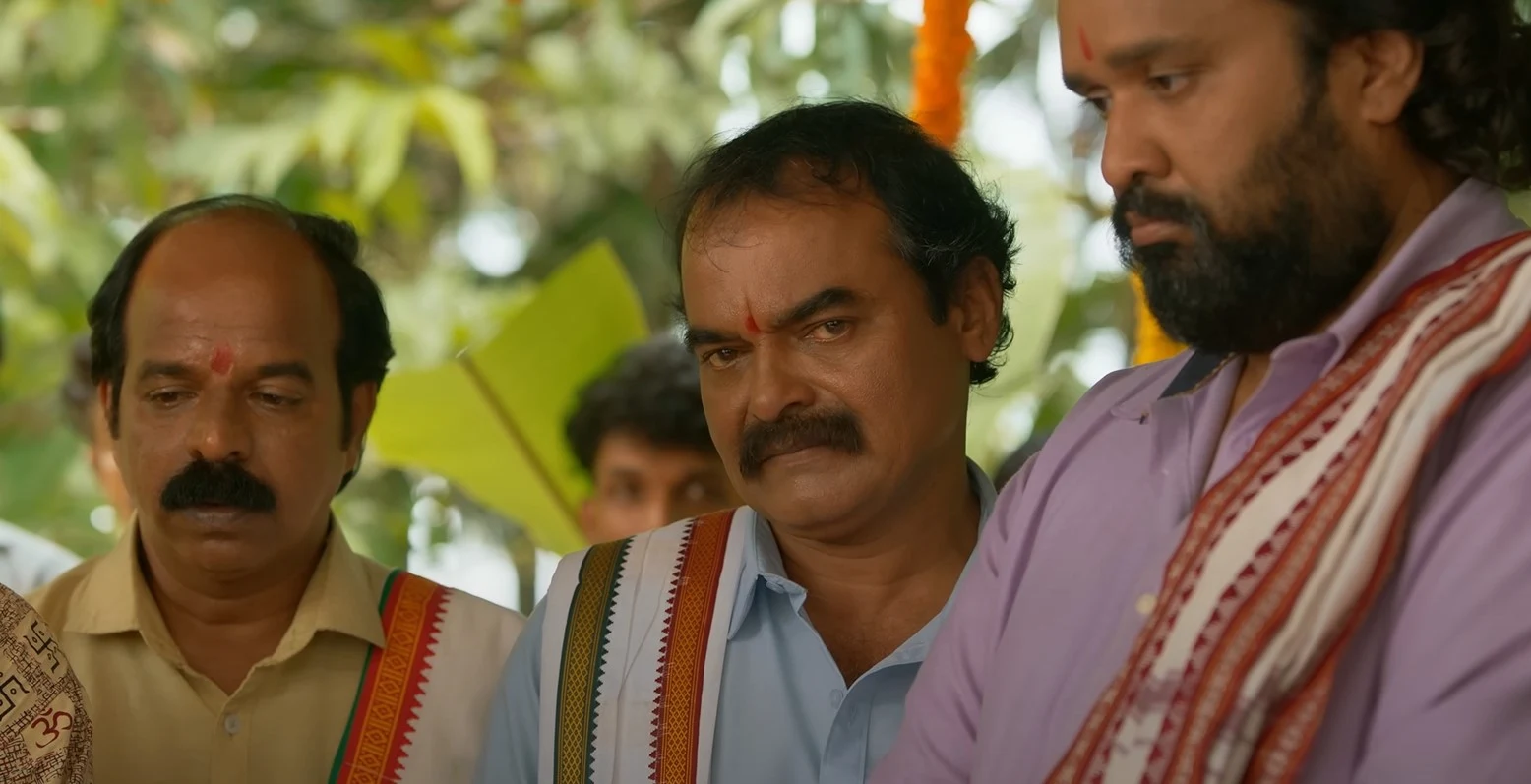Bengal Files Opinion – The trailer of Vivek Agnihotri’s upcoming political drama The Bengal Files has already stirred controversy. Predictably, sections of the media and political circles have branded it as “propaganda” or “communal,” much like they did with The Kashmir Files. But this pattern raises an important question: why is telling the truth about historical tragedies such an uncomfortable exercise for some in India?
The Bengal Files -The Burden of History
The Bengal Files is based on the tragic events of the 1946 Calcutta Killings and the Noakhali riots, one of the darkest chapters of India’s pre-independence era. These were not imagined stories but real incidents, recorded in history, that left deep scars on Bengal’s social fabric. Yet, whenever a filmmaker dares to highlight these forgotten wounds, cries of “propaganda” erupt from predictable quarters.
The Media’s Selective Outrage
In a nation where cinema often celebrates mythology, romance, and fantasy, one might assume that films exploring real tragedies would be welcomed for their honesty. Instead, they are condemned as “divisive.” The irony is hard to miss—many in the media seem more concerned about “pleasing a particular community” than confronting uncomfortable truths.
This selective outrage dilutes the purpose of cinema as a mirror to society. By dismissing films like The Bengal Files or The Kashmir Files as communal projects, critics attempt to silence conversations that are crucial for our collective growth.
Learning from the Kashmir Files Effect
When The Kashmir Files was released in 2022, it too was attacked as a propaganda piece. Yet, it achieved something rare—it opened the eyes of millions. The plight of Kashmiri Pandits, long brushed aside, became part of national discourse. Importantly, it triggered a simple moral awakening: wrong is wrong, no matter who the victim is.
If confronting the truth about Kashmir helped ease tensions by creating awareness, why should Bengal’s history remain in the shadows?
Truth Over Comfort
The idea that history should be hidden in the name of “secularism” is not just flawed—it is dangerous. Young Indians deserve to know what really happened, so the mistakes of the past are not repeated. Shielding them from truth under the pretext of harmony is nothing more than intellectual dishonesty.
Films like The Bengal Files are not designed to divide—they are designed to remind. They show us that history, however bitter, must be faced if we are to move forward as a stronger, more honest society.
Silencing the past will not change it. But acknowledging it can ensure that Bengal’s tragedies never repeat.





